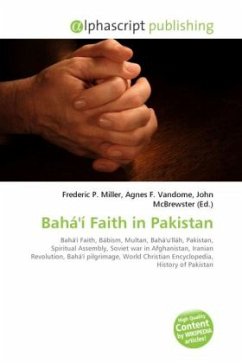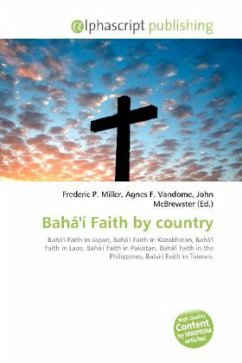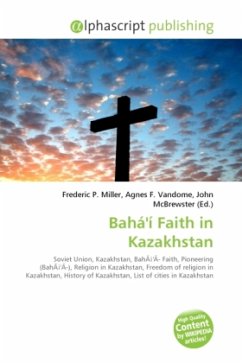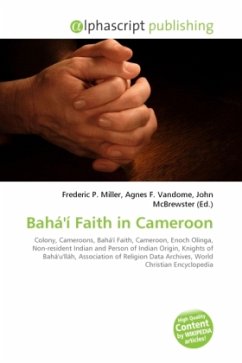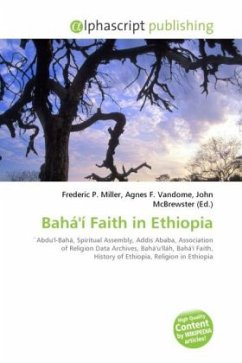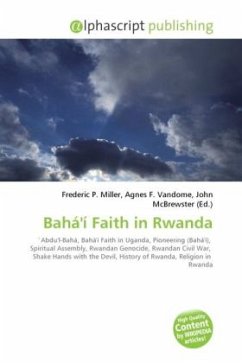The Bahá'í Faith in Pakistan begins previous to its independence when it was part of India. The roots of the Bahá'í Faith in the region go back to the first days of the Bábí religion in 1844, with Shaykh Sa'id Hindi who was from Multan. During Bahá'u'lláh's lifetime, as founder of the religion, he encouraged some of his followers to move to the area that is current-day Pakistan. In 1921 the Bahá'ís of Karachi elected their first Bahá'í Local Spiritual Assembly. In 1923, still as part of India, a regional National Spiritual Assembly was formed for all India and Burma which then included the area now part of Pakistan. By 1956 Bahá'í local assemblies spread across many cities, and in 1957, East and West Pakistan elected a separate National Bahá'í Assembly from India and later East Pakistan became Bangladesh with its own national assembly. Waves of refugees arrived in 1979 due to the Soviet Union invasion of Afghanistan and the Iranian Revolution in Iran. The Bahá'ís in Pakistan havethe right to hold public meetings, establish academic centers, teach their faith, and elect their administrative councils.
Bitte wählen Sie Ihr Anliegen aus.
Rechnungen
Retourenschein anfordern
Bestellstatus
Storno

